#Gülşah
Explore tagged Tumblr posts
Text
Büyük dağlara bahar geç gelirmiş.
21 notes
·
View notes
Text
Disputed noble background:
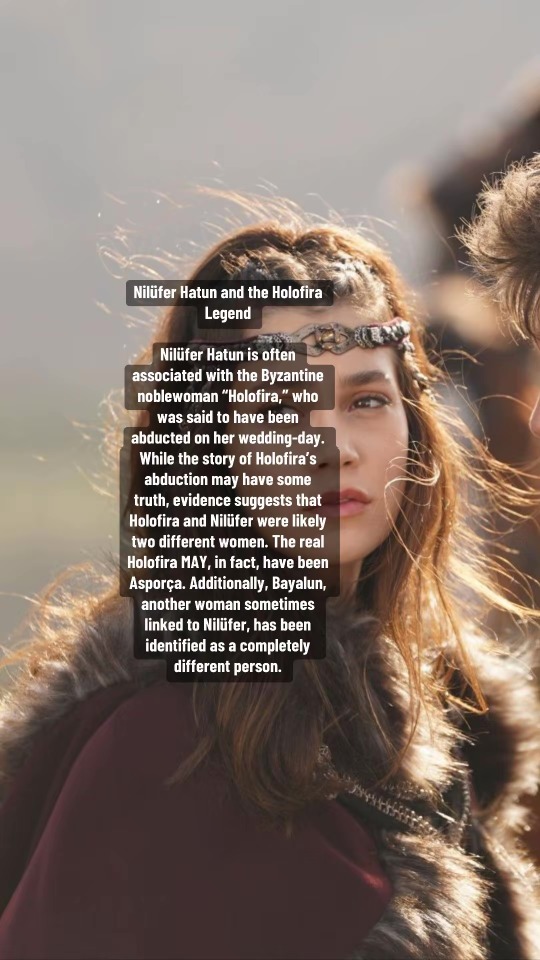
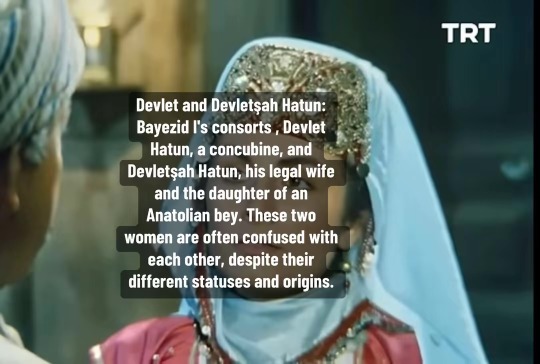
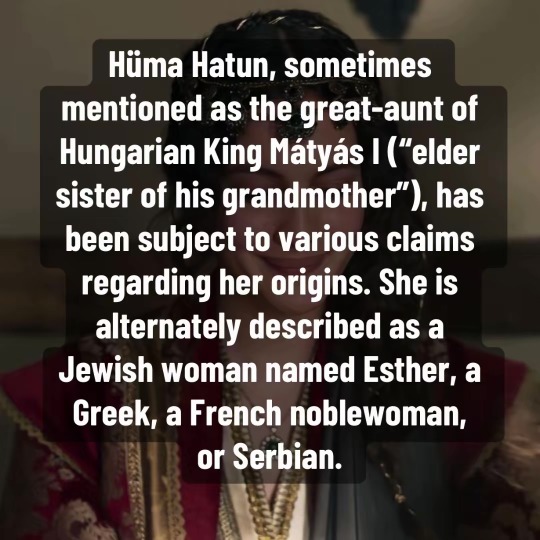
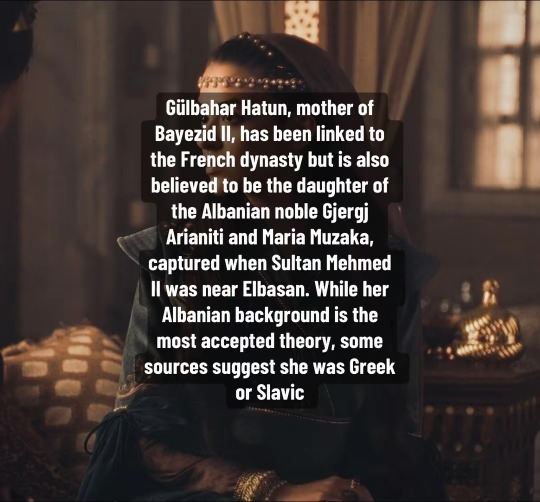
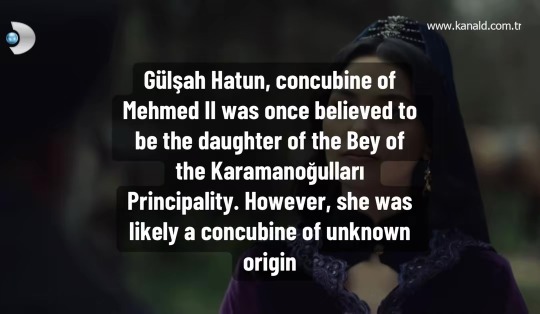
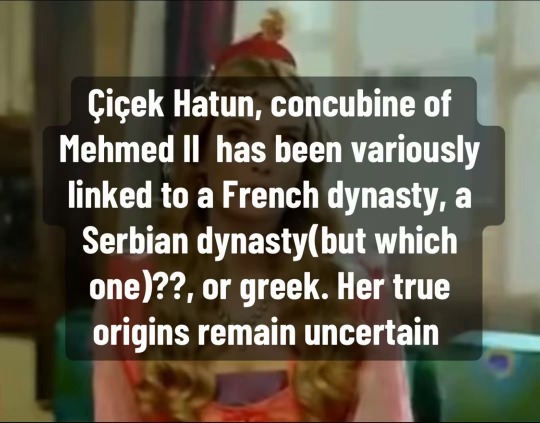
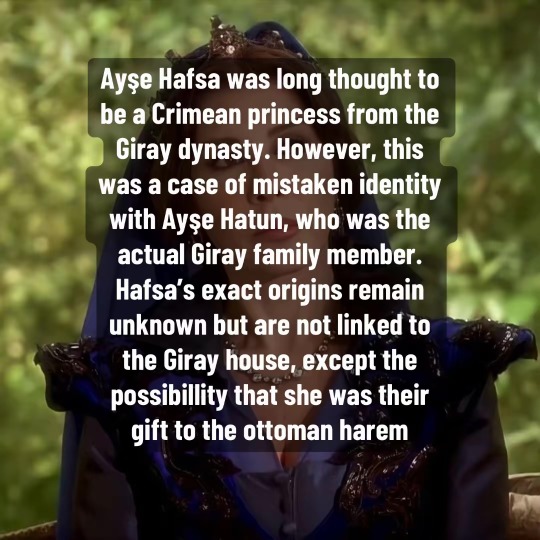
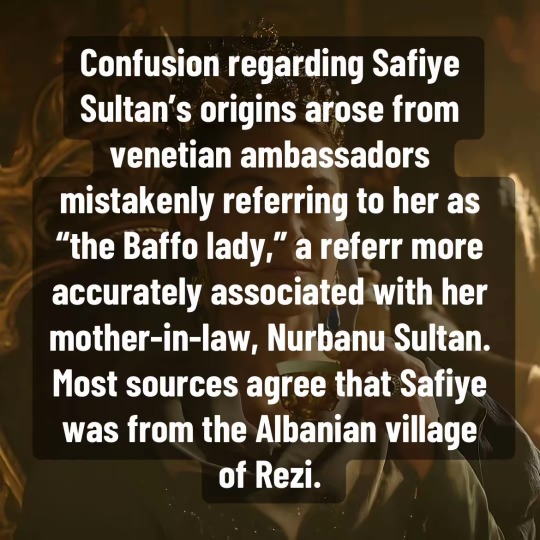
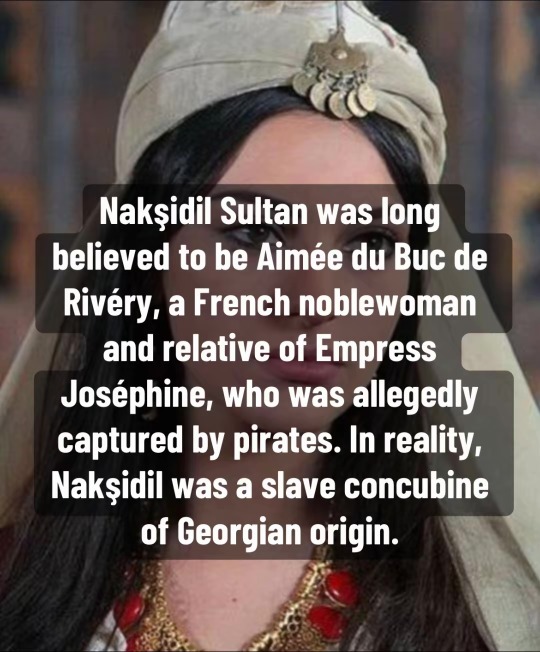
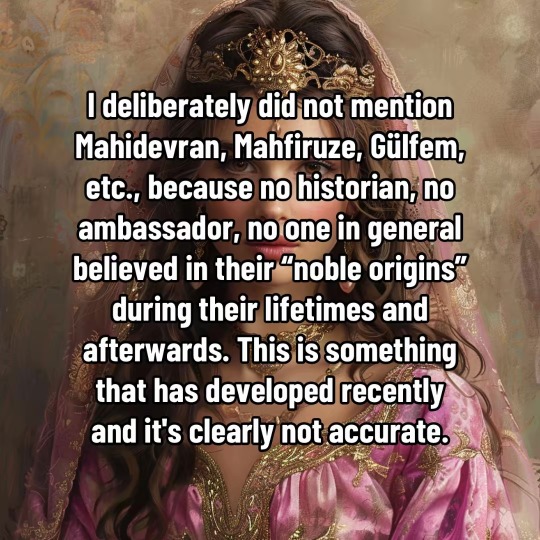
#ottoman empire#youtube#history#istanbul#hatun#hasekisultan#sultanmurad#sultan#consorts#fyp#fypシ#turkish history#tumblr fyp#asporça#ayse hafsa sultan#safiye sultan#holofira#nilüfer#gülbahar#gülşah#fatihsultanmehmed#sultan süleyman#mahidevran#hüma hatun#sultan murad#çiçek hatun#albanian#serbian#greek#byzantine
6 notes
·
View notes
Text
"Üzülme olur mu Gülşah? Bu hayatın garipliklerinden biridir, çok seven kavuşamaz. Kim ki bir kulu Rabbinden çok severse o kul sevdiğine kavuşamaz..."
*Bir Kürt sevdim*

Gece olacak , güneş batacak ama o asla benim olmayacak....:🍂🍂
#sevgi#müzik#birKürtsevdim#alıntı#sözler#spotify#mavi#huzur#anlamlı sözler#anlamlı resimler#sevmek#yarım kalan aşklar#aşk#şahin#Gülşah#diyarbakır#balıkesir#imkansız
9 notes
·
View notes
Text
"Geldim sevgilim. Senin için geldim."
"Şahin ben evlendim,hamileyim."
Ağladı, onu tanıdığım onca yıl içersinde Şahin ilk kez o kafede ağladı.
BİR KÜRT SEVDİM
5 notes
·
View notes
Photo
😂

Nanik :P
#Gülşah#nanik#gülşah soydan#gif#yeşilçam#eski türk filmleri#Gulsah#yesilcam#yeşilçam gifleri#yeşilçam filmleri#eski türk filmi#komik
8 notes
·
View notes
Text


This purple velvet kaftan was first worn by Hürrem Sultan in the thirteenth episode of the first season of Magnificent Century. It appears again on Gülşah Kalfa in the twenty-sixth episode of the fourth season.
#Muhteşem Yüzyıl#Magnificent Century#period drama#costume drama#historical drama#Hürrem Sultan#Hurrem Sultan#Gülşah Kalfa#Gulsah Kalfa#reused costumes#recycled costumes
12 notes
·
View notes
Text
I know I'm retreading old ground here, but I'll always love Süleiman and Gülfem's little scene in E15, because it reveals everything about both Gülfem herself and her relationship with Süleiman now and going forward. Gülfem's role as a conscience in general and for Süleiman in particular emerges, since when his relationships with his women are put to the test, she is the person he turns to as the first woman he's possibly hurt, as the one embodying that distant past everyone seeks to forget but can't as it always resurfaces all over again (and it's sad and telling that she's remembered only in occasions like these). Gülfem as Süleiman's conscience builds off of Hafsa's, Ibrahim's, Mustafa's and Hatice's isolated moments where they've been consciences for Süleiman yet in this scene it completely distinguishes itself as more of a deeper conscience, privy to Süleiman's inner world in ways we don't know but they themselves do, wholly embracing this moment that's just between them both. But the more her view of what she experienced unveils to us, the more this privyness and understanding Gülfem has for her closest springs forth as the coping mechanism she's developed in order to deal with her circumstances - she loves these people so much, so they're by no means at fault, she is, something has to be missing with her in order for that devasting end to have come forth (her loss has sadly done a number on her self-worth too: how could someone as ""average"" as her advice Hatice on what to write to Ibrahim??; how could someone as ""average"" as her not be at fault??). She clearly isn't over it (shown by her resentment that occasionally crops up especially in her dynamic with Mahidevran, but also a bit in her dynamic with Hürrem: some of the looks during Mehmet's naming ceremony, in E17 when it became known that SS had gone out of the castle with Hürrem etc.), but she has to accept it, to go with the flow, to cling to fate and the might of Allah as well (her urging Hatice for them to pray to Allah for Ibrahim in E14, also "When we lost our children* at a very young age, I accepted it as the will of Allah."; it's fascinating how close this brings her to both Hatice and Mahidevran: all three of them lean on fate like that, but Gülfem has experienced something so irreperably final and severe that every sign of something good happening, she'll openly and gladly take it, so is able to see the silver linings in Hatice's experiences that Hati herself can not; both Mahidevran and Gülfem lean on Allah, but unlike Mahi who expects and strives for justice for her suffering that's supposedly outside of Allah, Gülfi lets it go and associates the suffering itself too with Allah, if not with herself), focusing on what she already has, taking it with full hands.
And since that entails the people she supports, the last idea of family remaining to her as SS is so unreachable, and she can't bear to lose them too, the only thing left for her is to love them and idealize them but in different ways and amounts due to her different relationships with them, thus creating a sort of a hierarchy of fondness and idealization: going from Mahidevran (who I guess Gülfem is in good terms with not just due to her good relations with Hatice, but also because she's gotten too used to her as part of the family as well; as an ally, a main part of Gülfem processing everything, so when another person like Hürrem appears who's likely to challenge that status quo, that calm Gülfi has absorbed, she stands behind Mahi, shown in E08; btw, Hürrem too may have also become quite a part of that fondness and idealization line later on, but more about that when I get to S04), to Hafsa (the mother figure for whose will Gülfem's respect is usually absolute), to Hatice (the companion she's closest to, so she's able to give her a lot more empathy and understanding), to finally Süleiman, the last pillar of that hierarchy precisely because he's so unreachable and so dear she couldn't express it until this E15 scene and even then not fully. Even if, along with her understanding of them, she can and has called out others when she feels they're unjust namely due to her fondness of them, Süleiman is completely idealized in her mind, put on that pedestal of everything Gülfem yearns for in her life, of the peace he currently emanates but hasn't gotten from any of his women in return according to Gülfem (and it's interesting that Hürrem comes up promising a calmness to SS after she returns from her exile the same episode). But he won't emanate it much longer and the more her loved ones become disillusioned with him and are then stripped away from Gülfem by him, she starts to notice it in ways she can't deny.
So it's perfect that this scene, the first one that directly verbalizes how much loyalty means to SS especially in terms of his women and presents Gülfem as the first such loyal figure, sets her up as the last and perhaps most striking opposer of that idea. Her final act of defiance only appears sudden; it was always meant to happen like this.
#*so it's not a child but childREN contrary to what Mahi said to Gülşah in E02 and what Gülfem herself in E12 lead us to believe#I still think Gülfem and SS couldn't develop as a relationship that much#it may all be more of a Gülnihal situation in terms of them preparing her and her going for a halvet#SS liking her and then inviting her again after a while#and then she got pregnant and gave birth and after some time yeah...#I also still feel that Mahi came later just a little *after* Gülfem's childrens' deaths#magnificent century#muhteşem yüzyıl#muhtesem yuzyil#gulfem hatun
9 notes
·
View notes
Text
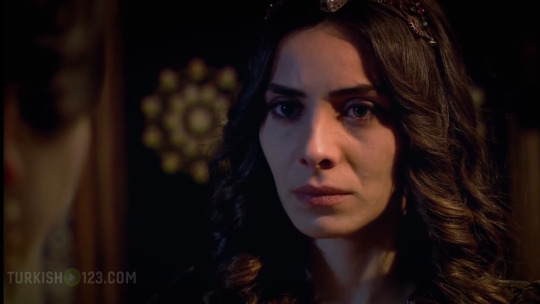
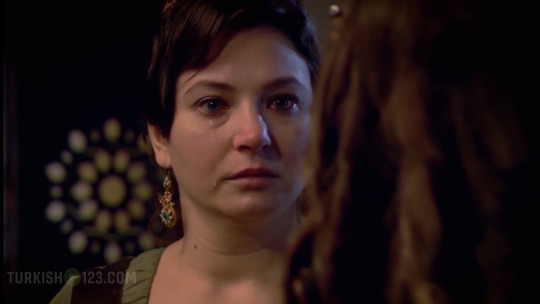
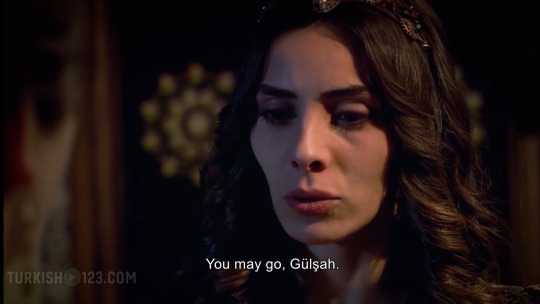
Live Sümbül-agha reaction
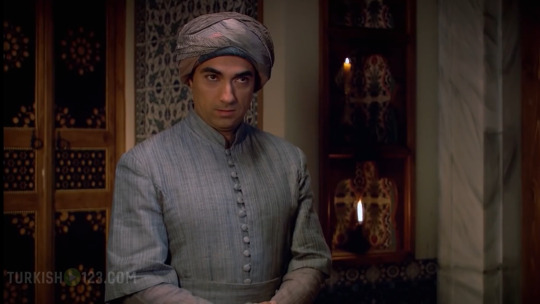
#please believe me when i say it's funnier when you remember how LONG these close-up shots last in soap operas#i had to watch Gülşah's tear roll down and everything
11 notes
·
View notes
Text
2 notes
·
View notes
Text
Anne Ancelin Schützenberger – Atalarımızdan Kalan Miras (2024)
Aile sistemleri içerisinde nesilden nesile aktarılan duygusal ve psikolojik kalıplar, günümüzdeki bireylerin hayatlarını nasıl etkiler. Psikosoybilimi olarak adlandırılan bu alanda öncü olan Anne Ancelin Schützenberger, aile sırları, travmalar ve çözülmemiş sorunların, sonraki nesillerde fiziksel ve psikolojik rahatsızlıklara yol açabileceğini vurgular. Ailede yaşanan travmatik olaylar, nesilden…

View On WordPress
#2024#Aile Bağları Travmalar ve Psikosoybilim#Anne Ancelin Schützenberger#Atalarımızdan Kalan Miras#Gülşah Ünal#Say Yayınları
0 notes
Text
Sakarya Üniversitesinden Çevreye Bir Katkı Daha: Biyopolimerler
Sakarya Üniversitesi, yaptığı araştırmalarla çevresel katkılar sunmaya devam ediyor. Plastik atıkların azaltılmasına yönelik araştırma ile biyopolimer malzemeler üretiliyor. Sakarya Üniversitesi Mühendislik Fakültesi Gıda Mühendisliği bölümünden Dr. Öğr. Üyesi Gülşah Karabulut ve ekibi, TÜBİTAK projesi kapsamında endüstriyel bazlı yan ürünlerden biyopolimer malzemeler üretiyor. Doğada bulunan…
# Sürdürülebilir Kalkınma Hedefleri#Dr. Öğr. Üyesi Gülşah Karabulut#İklim Eylemi#Marmara#Sakarya#Sakarya Üniversitesi#Sakarya Üniversitesi Mühendislik Fakültesi Gıda Mühendisliği#SAÜ#Sorumlu Tüketim ve Üretim#Sudaki Yaşam#TUBİTAK
0 notes
Text
" İnsan; umursamadığı her şeyin galibidir..”
29 notes
·
View notes
Text
Sakarya Üniversitesinden Çevreye Bir Katkı Daha: Biyopolimerler
Sakarya Üniversitesi, yaptığı araştırmalarla çevresel katkılar sunmaya devam ediyor. Plastik atıkların azaltılmasına yönelik araştırma ile biyopolimer malzemeler üretiliyor. Sakarya Üniversitesi Mühendislik Fakültesi Gıda Mühendisliği bölümünden Dr. Öğr. Üyesi Gülşah Karabulut ve ekibi, TÜBİTAK projesi kapsamında endüstriyel bazlı yan ürünlerden biyopolimer malzemeler üretiyor. Doğada bulunan…
# Sürdürülebilir Kalkınma Hedefleri#Dr. Öğr. Üyesi Gülşah Karabulut#İklim Eylemi#Marmara#Sakarya#Sakarya Üniversitesi#Sakarya Üniversitesi Mühendislik Fakültesi Gıda Mühendisliği#SAÜ#Sorumlu Tüketim ve Üretim#Sudaki Yaşam#TUBİTAK
0 notes
Text
GÜLŞAH ÇETİN KİMDİR
Gülşah Çetin, Klasik batı müziği eğitimi mezunudur. Sanatçı müzik öğretmeni olarak çalışmaktadır. TRT İstanbul Radyosu’nda program yapımcısı olarak çalışmalar da bulunmuştur. Gülşah Çetin’in Nar Delisi Adlı Türküye Çekilmiş Bir Video Klibi Mevcuttur. Bu klip Arda Müzik etiketiyle piyasaya 2020 senesinde çıkmıştır.
0 notes
Text
Oda
Oda (2023) #BülentOrçin #CerenGülşahElmalı #MustafaZeren #NesrinTunç #NazanBayazıt #FatoşBayındır Mehr auf:
Jahr: 2023 Genre: Horror / Thriller Regie: Bülent Orçin Hauptrollen: Ceren Gülşah Elmalı, Mustafa Zeren, Nesrin Tunç, Nazan Bayazıt, Fatoş Bayındır, Aykut Yavuz … Filmbeschreibung: Der Film handelt von Oğuz, der feststellt, dass etwas Geheimnisvolles in einem Zimmer im Haus seiner Freundin Deniz existiert, und von seinen Erfahrungen, während er diese Frage untersucht…

View On WordPress
0 notes
Text




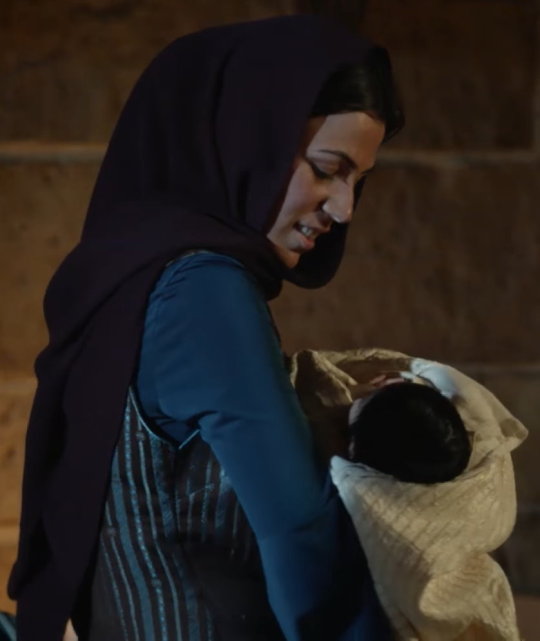
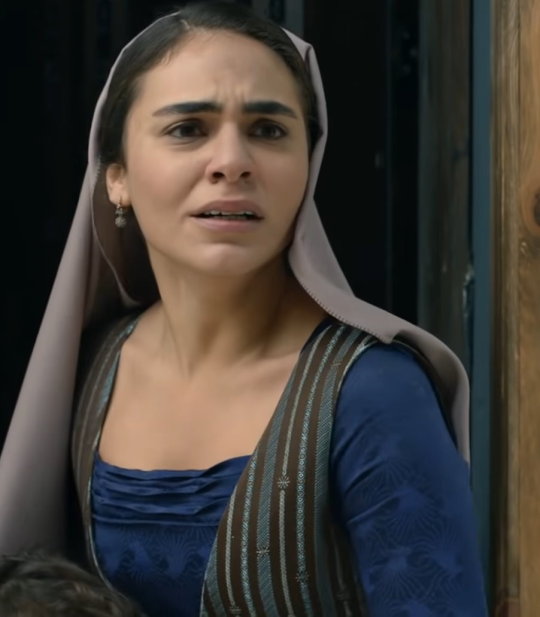
This brown and blue striped kaftan was first worn by as Hürrem Sultan in the sixteenth episode of the first season of Magnificent Century. It was worn again by Gülşah Hatun in the third episode of the third season. The kaftan is used again on an unnamed harem member in the thirtieth and Emine Hatun in the fourtieth episode of the same season. The kaftan was seen again on Şehzade Mehmed's wet nurse in the thirty-first episode of the fourth season.
The kaftan was slightly altered by moving the buttons to the right to create a new asymmetrical closure before it was worn again by Topal Pasha's mistress in the second episode of the second season of Magnificent Century: Kösem.
#Muhteşem Yüzyıl#Muhteşem Yüzyıl: Kösem#Magnificent Century#Magnificent Century Kösem#Magnificent Century Kosem#period drama#costume drama#historical drama#Hürrem Sultan#Hurrem Sultan#Gülşah Hatun#Gulsah Hatun#Emine Hatun#Unnamed Harem Members#Unnamed Istanbul Citizens#reused costumes#recycled costumes
11 notes
·
View notes